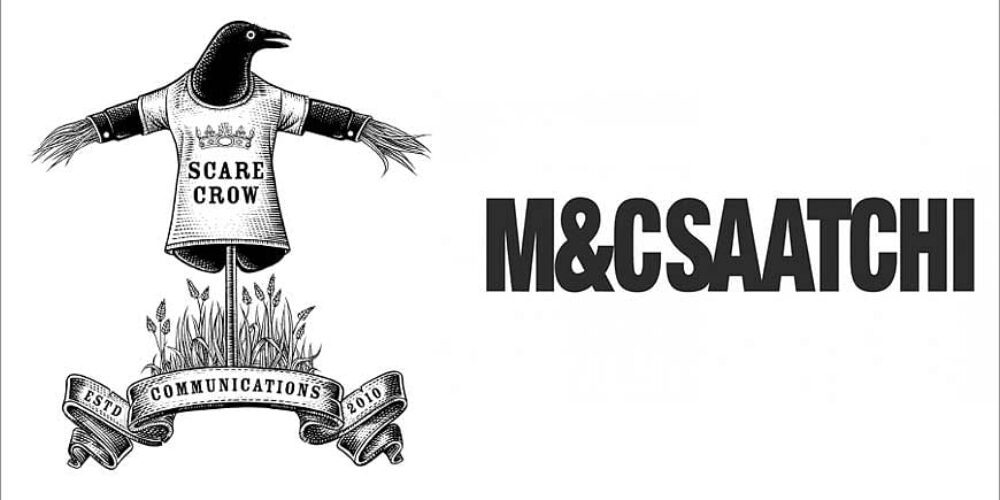In line with the Supreme Court’s ban on firecrackers due to their environmental harm, Radio City, long considered a cultural heartbeat of city festivities, offered an innovative alternative. Their national on-air campaign allowed cracker-lovers to enjoy the sounds of Diwali without harming the environment, promoting a smoke-free, eco-friendly celebration.
Scarecrow helped Radio City launch ‘Radio City ke Patakhe’. As per Radio City’s unique Diwali initiative, the channel burst crackers on the radio instead of the streets. The campaign, built on the idea “Iss Diwali, khushiyan hongi, dhua nahi,” encouraged people to celebrate a joyful yet smoke-free festival. The initiative kicked off with an ad film titled ‘Patakhon ka Aurangzeb’, designed to evoke nostalgia reminiscent of the beloved Malgudi Days. Radio City urged listeners to embrace a pollution-free celebration filled with music and joy. The campaign also encouraged people to use the money saved on crackers to brighten someone else’s Diwali.
To introduce the initiative, Scarecrow created Patakhon ka Aurangzeb, a heartwarming narrative that revived the timeless storytelling style audiences once enjoyed on television.
The film was shot in the heritage lanes of Desai Ni Pol in Ahmedabad, where the legendary Gujarati poet Akha Bhagat once lived. It told the story of a typical khadoos (grumpy) uncle, the kind found in every neighbourhood, one who forbade children from playing cricket, snatched their cricket balls, and scolded them for bursting crackers. This Aurangzeb-like character became the focal point of the narrative, around which a group of mischievous children plotted to celebrate Diwali in their cheeky way, without bursting real crackers.
The film was a revival of the Malgudi Days kind of storytelling. Short story narratives once delighted children and families alike, but that trend had faded over the years. Villains like Mogambo and Gabbar are rare today. With Aurangzeb, we had the opportunity to reintroduce a small yet memorable khadoos character as a tribute to those simpler times.”
The character of the grumpy uncle was given further depth by portraying him as a classical music enthusiast. A special classical composition, performed in Raag Darbari, added richness to the story’s moods and conflicts. Sung by Aniket Khanderkar, a renowned classical singer and mentor from Ahmedabad, the song featured whimsical lyrics like “Soor ki sej pe sove asurva,” symbolising a demon lulled to sleep by music.
Recognising radio’s power to reach the masses, Radio City sought to use this platform to promote the true spirit of Diwali. Through Radio City ke Patakhe, they aimed to educate listeners on the joy of celebrating without crackers and inspire a culture of safe, pollution-free festivities.
